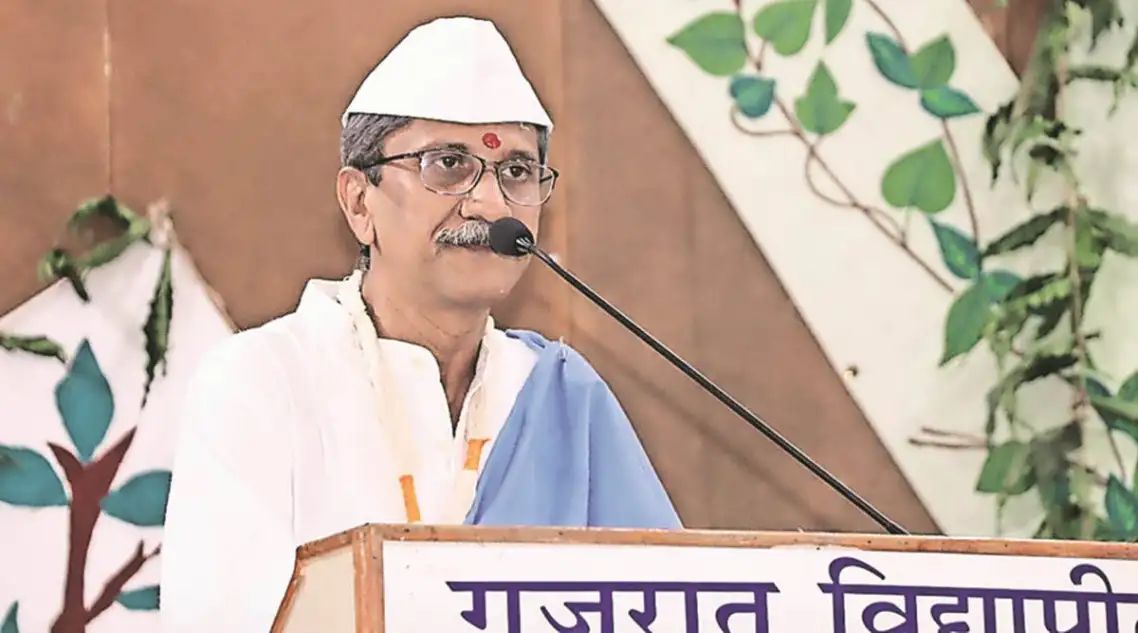Ahmedabad: Technology, which had vowed to improve our lives, has wound up making us clones, sai by Ahmedabad University Vice-Chancellor Prof Pankaj Chandra.
“Nobody had thought that we would end up being clones of each other where everyone will try to look alike, talk similarly and most importantly, think alike. It was expected that technology would help in developing our individual thoughts. But are we able to think about what is today’s reality?” said Prof Chandra, who presided over the 67th convocation of the Gujarat Vidyapith. He was referring to the three changes — technology, urbanisation and democracy — that have affected the ways people think and work and are deeply interrelated to each other.
Talking about urbanisation, he said that though some facilities have reached rural areas, villages have lost their identities due to the fast pace of urbanisation. At the same time, villagers are still deprived of skilled employment, value-aided entrepreneurship, better health care and cleanliness and lack a high-quality contemporary life that justifies the migration towards cities.
Suggesting students look for a balanced, long-term quality of life be it in a small company or a small city, Prof Chandra said, “It is not development if one commutes to work for two hours every day, or a work in which you are not interested in or if it is an environment that is full of uncertainties. That would be a life towards imperfection that is full of discontent.”
He further noted that the rights of citizens and their voices are continuously interrupted from China to Afghanistan, Brazil to Venezuela, and Egypt to South Africa. “Tolerance is tested every day.
Disagreement is seen as a process to protest that has been curbed everywhere due to which normal life and political environment are both pacing towards intolerance and aggression,” he added. He also pointed out that India is at one of the lowest rankings on the global peace index. “I suggest that the opinions opposite to our thoughts should also be allowed to be expressed in the society,” he said. In the current education system, Prof Chandra said, both teachers and education have not let critical thinking develop in their classrooms. That is why we are neither able to stop nor give a new direction to the war raging towards us.
Hoping for a non-violent society, Chancellor Elaben Bhatt gave a different interpretation of violence where we are being violent on ourselves and others through unhealthy foods, by spending more on it, on our lungs and our body by polluting the environment, and making food poisonous by polluting the water. “Violence is through data, thoughts, writings, paintings, art and design. Be it direct or indirect violence, we need to understand all these forms of violence,” she says
A total of 126 medals–62 for the year 2019-20 and 64 for the year 2020-21–were handed over to the students during the convocation held on the university campus, while a total of 1,665 degrees were awarded to students–872 males and 793 females. Arrangements at eight different campuses of the Gujarat Vidyapith were made for students who took degrees in an offline mode. A total of 502 students consented to be present in person for receiving their degrees, while another 1,163 will receive it virtually.



